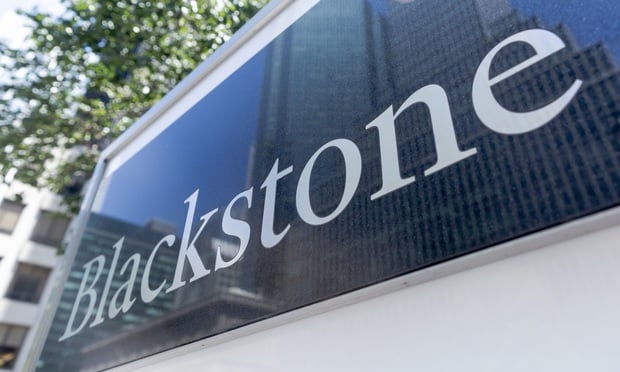SAN DIEGO—Despite good times predicted for the next few years, the next recession will likely set in around 2019, according to ITR Economics' principal and noted economist Dr. Alan Beaulieu at NAIOP San Diego's economic-outlook breakfast last week. Beaulieu's presentation, "Prepare for the Recovery: It's Coming and There's Hope," pointed out that the next recession will probably be a lengthy one.
"We are still on track for a great depression in the next 15 years," said Beaulieu, warning that Generation X and those in the Millennial generation will be the most affected by this depression and that it will likely last for 10 years.
"We are experiencing a recession hangover; it is an entirely different world now," said Beaulieu. "The way we look at the world has changed. Our GDP will go down—this could be a consumer-led recession in 2019, a middle-of-the-road recession. This becomes a cash issue. If you hold on to your cash, you'll find it a time to buy. I hope you are able to prosper."
In the immediacy, while Beaulieu does expect oil prices to go up, he noted that the US is becoming more energy self-reliant and may be buying oil only from Canada and Mexico in the near future. Some of his greater concerns lie outside the US. "If China goes down, the entire world economy goes with it." He cites several factors putting downward pressure on China's economy. In addition to having devalued its currency, China's one-child policy has created a generation of men with limited marriage prospects, and thus, prospects for reproducing. Its economy may suffer in the future as a result.
In fact, the declining birth rate in many first-world countries presents the challenge of supporting the social-security systems of those nations, Beaulieu said. In the US, the healthcare system is a problem, too. For one, the cost is too high—a high rate and substantial burden that will fall on the younger generations as the Baby Boomers age.
To further absorb the healthcare onus, the government will have to borrow more, said Beaulieu, but "the federal government is broke. Our borrowing days are numbered—and we are on the course of disaster." He went on to recommend against carrying debt beyond 15 years from now, expecting that Congress will not embrace austerity or entitlement reform before then.
Tackling a topic that's top of mind for many Americans, Beaulieu said he sees immigration and refugees as a plus for national economies and urged the audience not to shy away. "This is a workforce that is coming in, settling, making money, buying goods and homes and having children."
As for 2016 in the US, Beaulieu is bullish. "We see some improvement in global leading indicators, and US corporate profits are rising." In preparing for 2016, he said, "find out where you are in business cycles and implement growth strategies, spending money on marketing and people."
Regarding Beaulieu's presentation, Dan Broderick, NAIOP San Diego's current president and Cushman & Wakefield market lead, tells GlobeSt.com, "Dr. Alan Beaulieu was insightful, uplifting and humorous about the health of the market and the state of the US. and San Diego in the global economy. However, he was sobering and poignant about the realities of our national debt, our inefficiencies in healthcare and inevitable realities of the next major recession."
© 2025 ALM Global, LLC, All Rights Reserved. Request academic re-use from www.copyright.com. All other uses, submit a request to [email protected]. For more information visit Asset & Logo Licensing.







